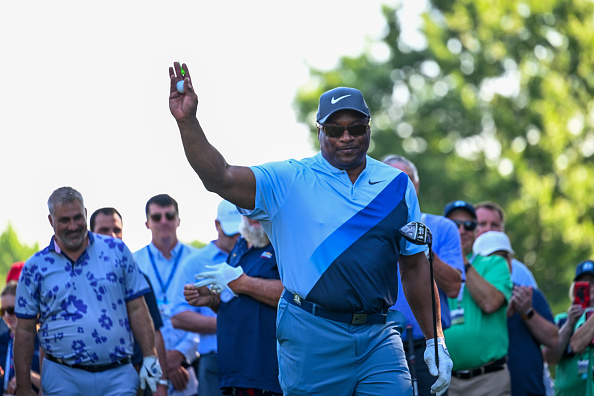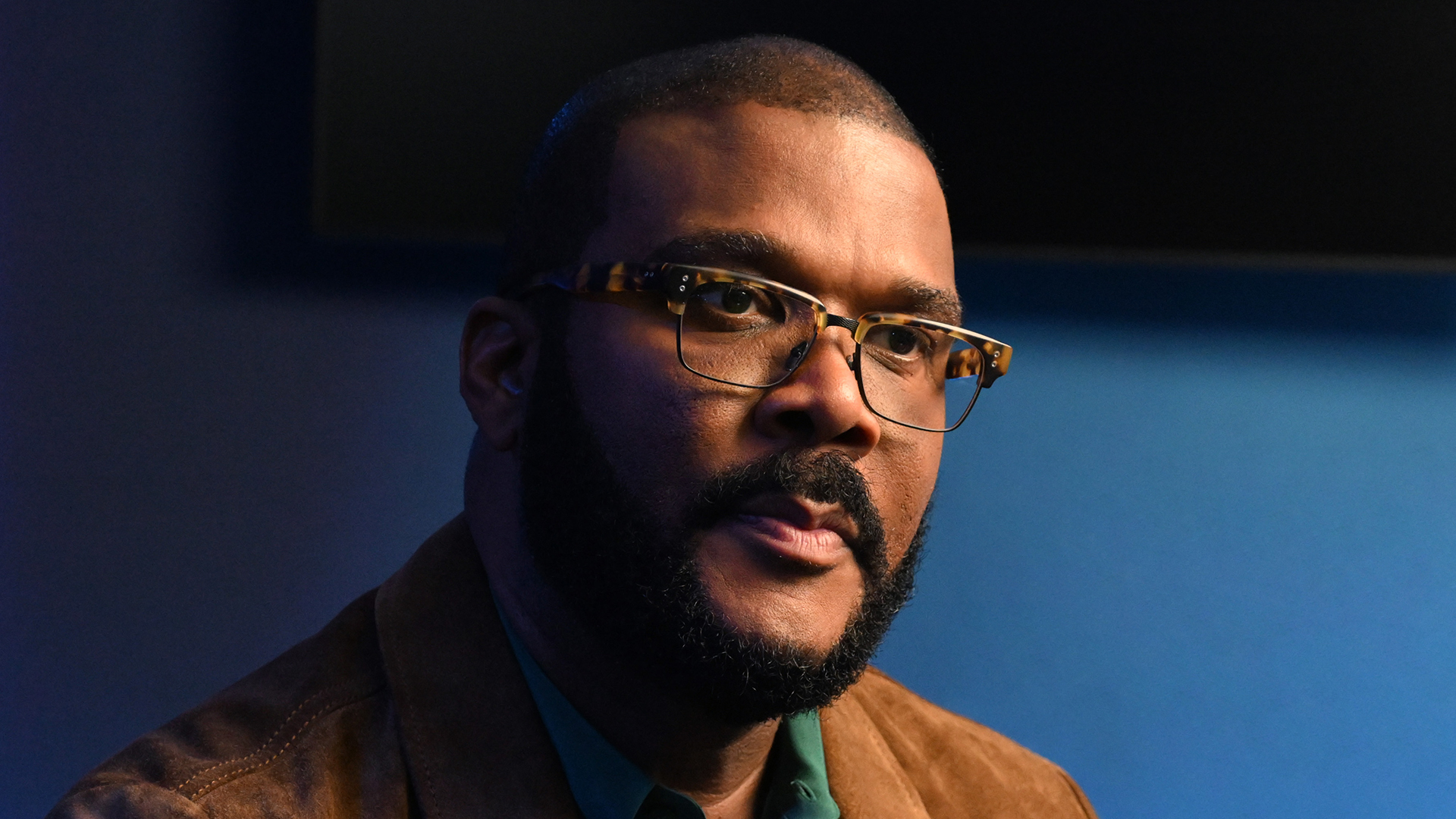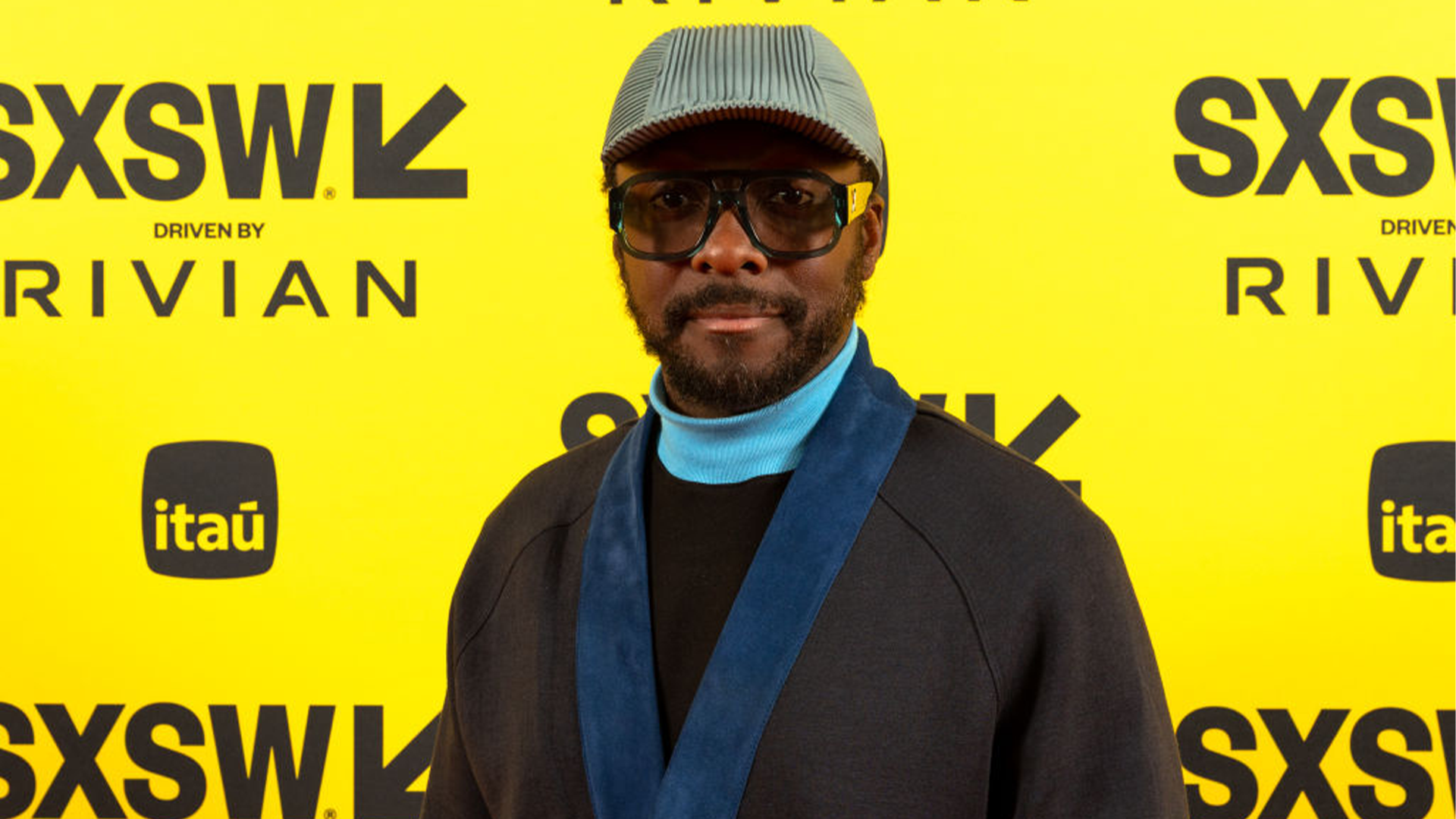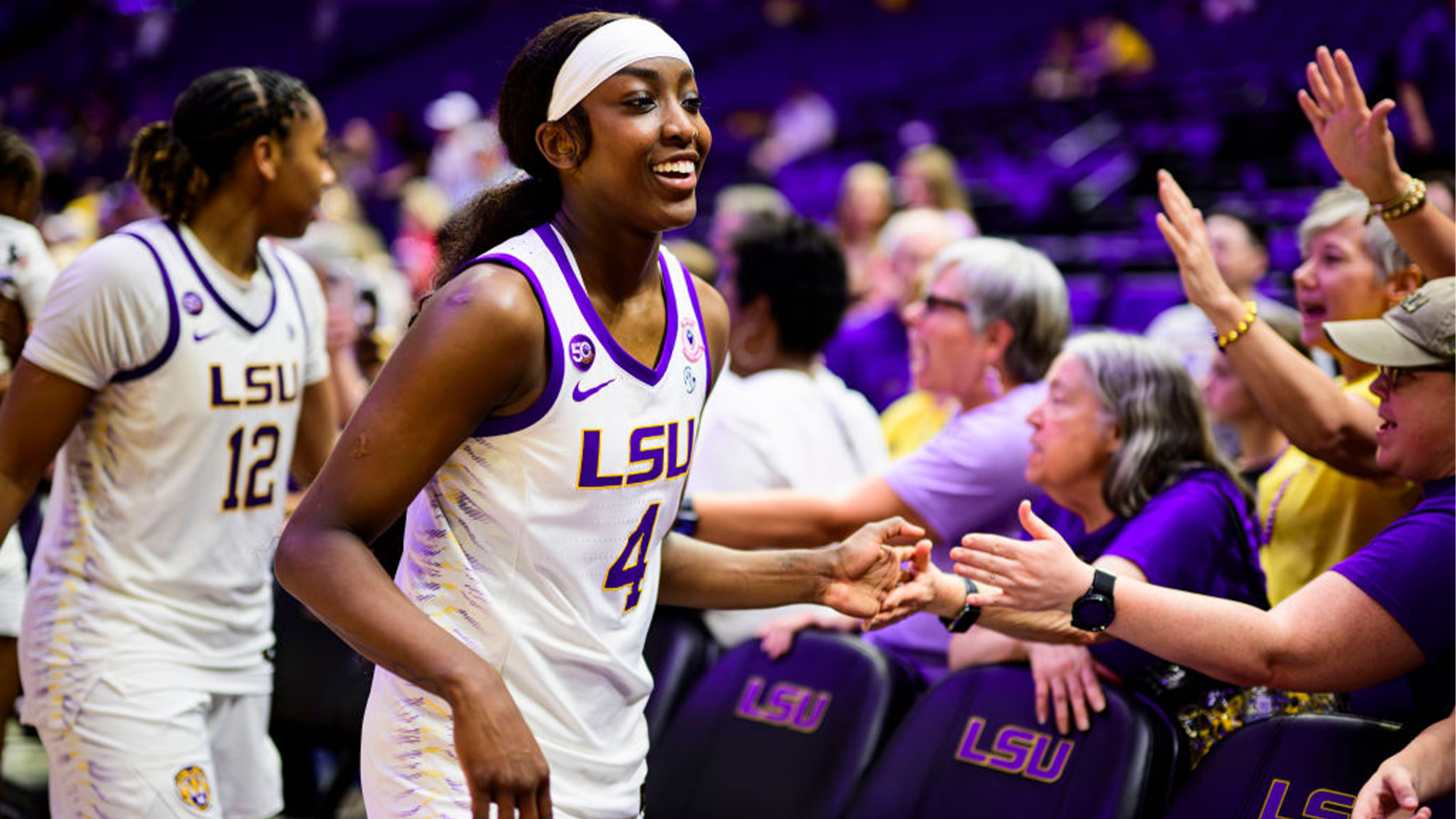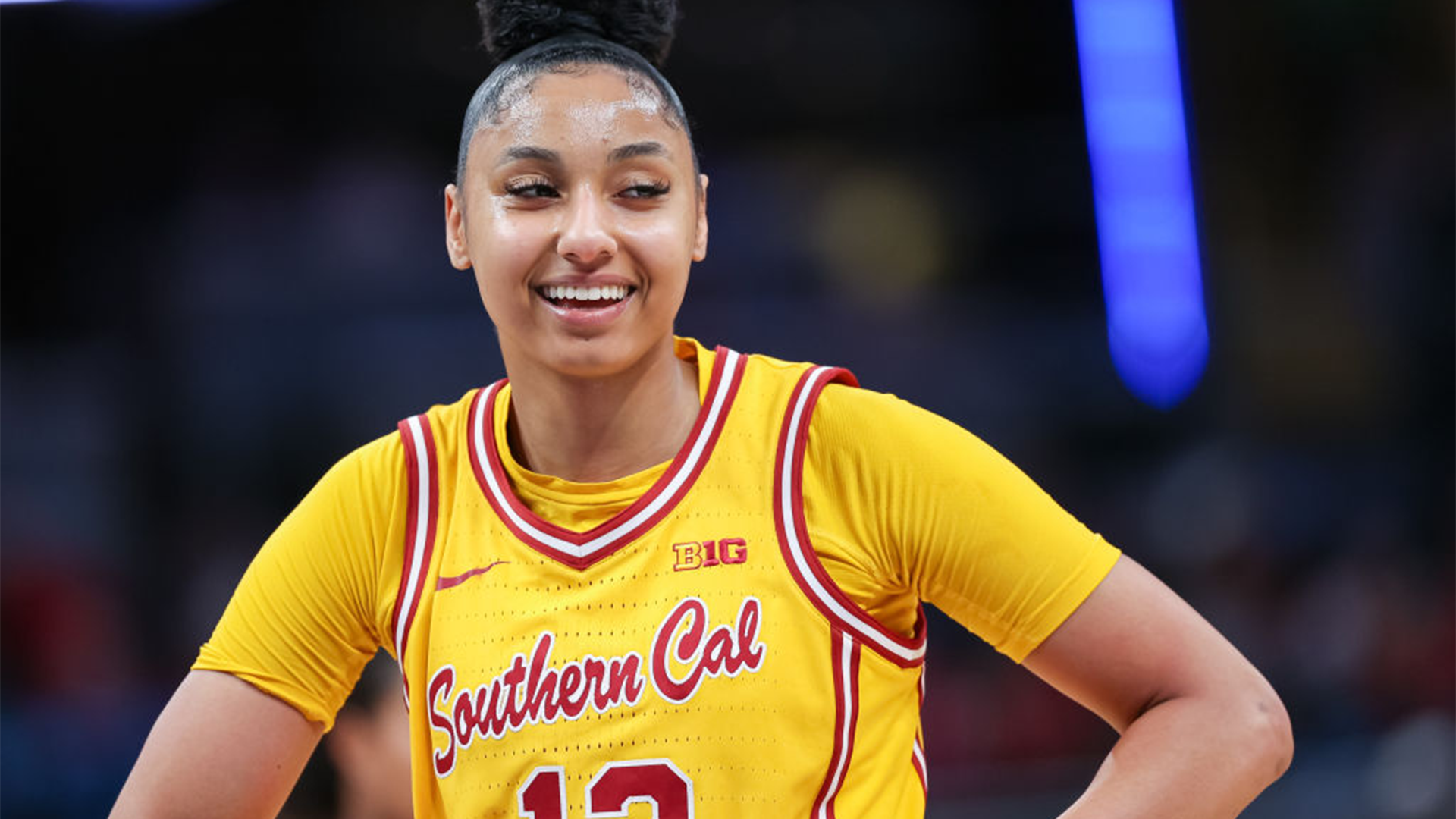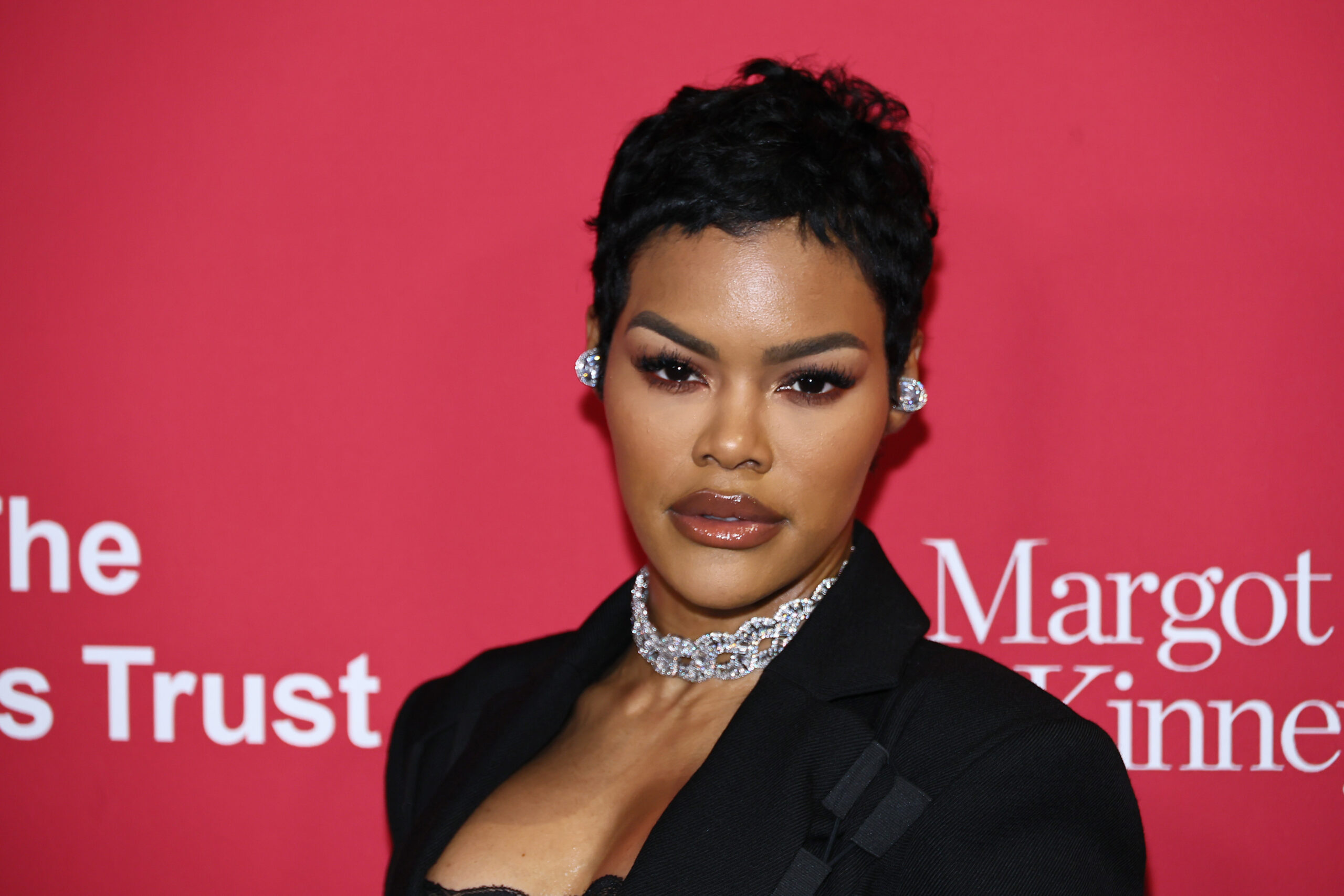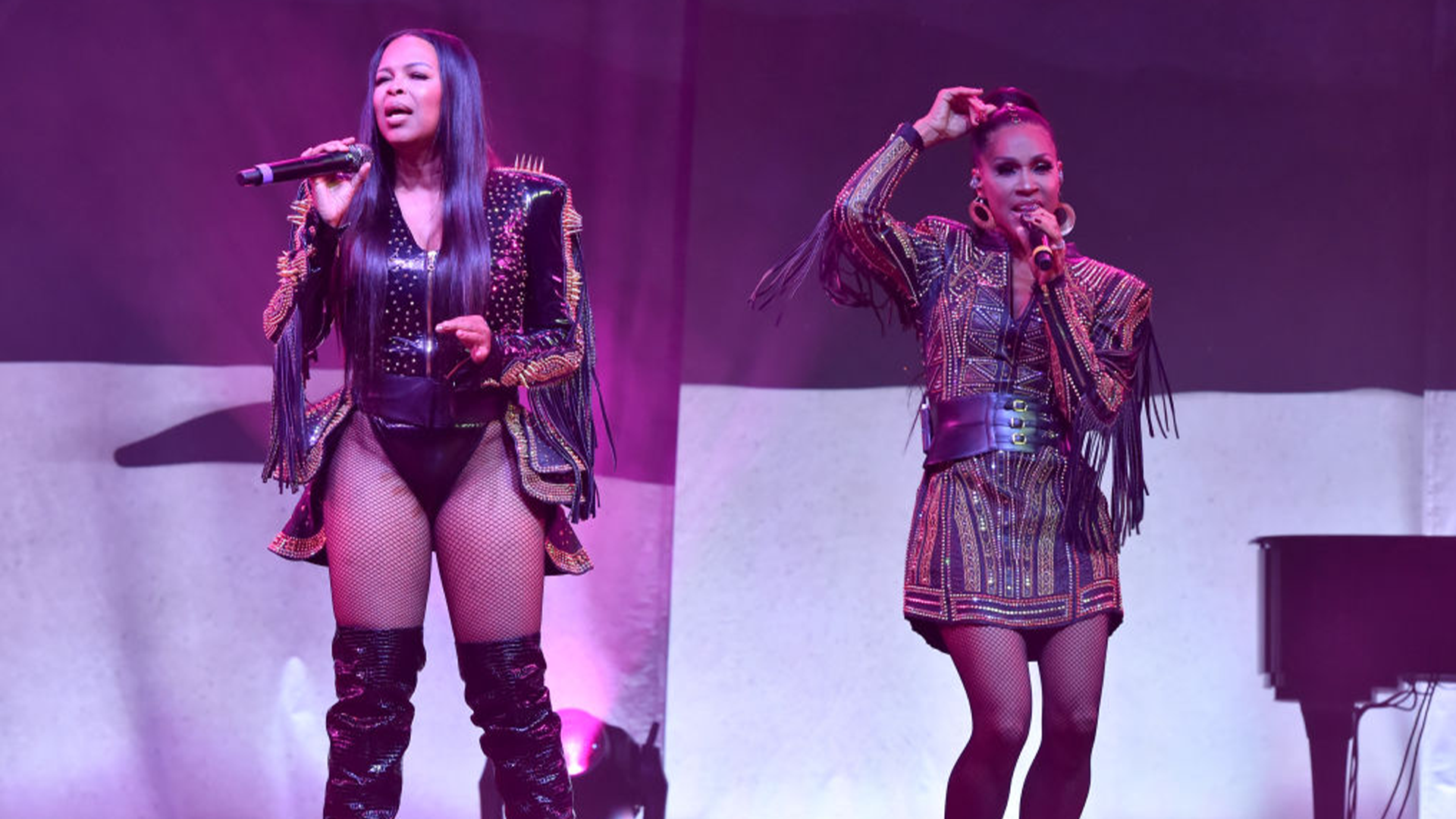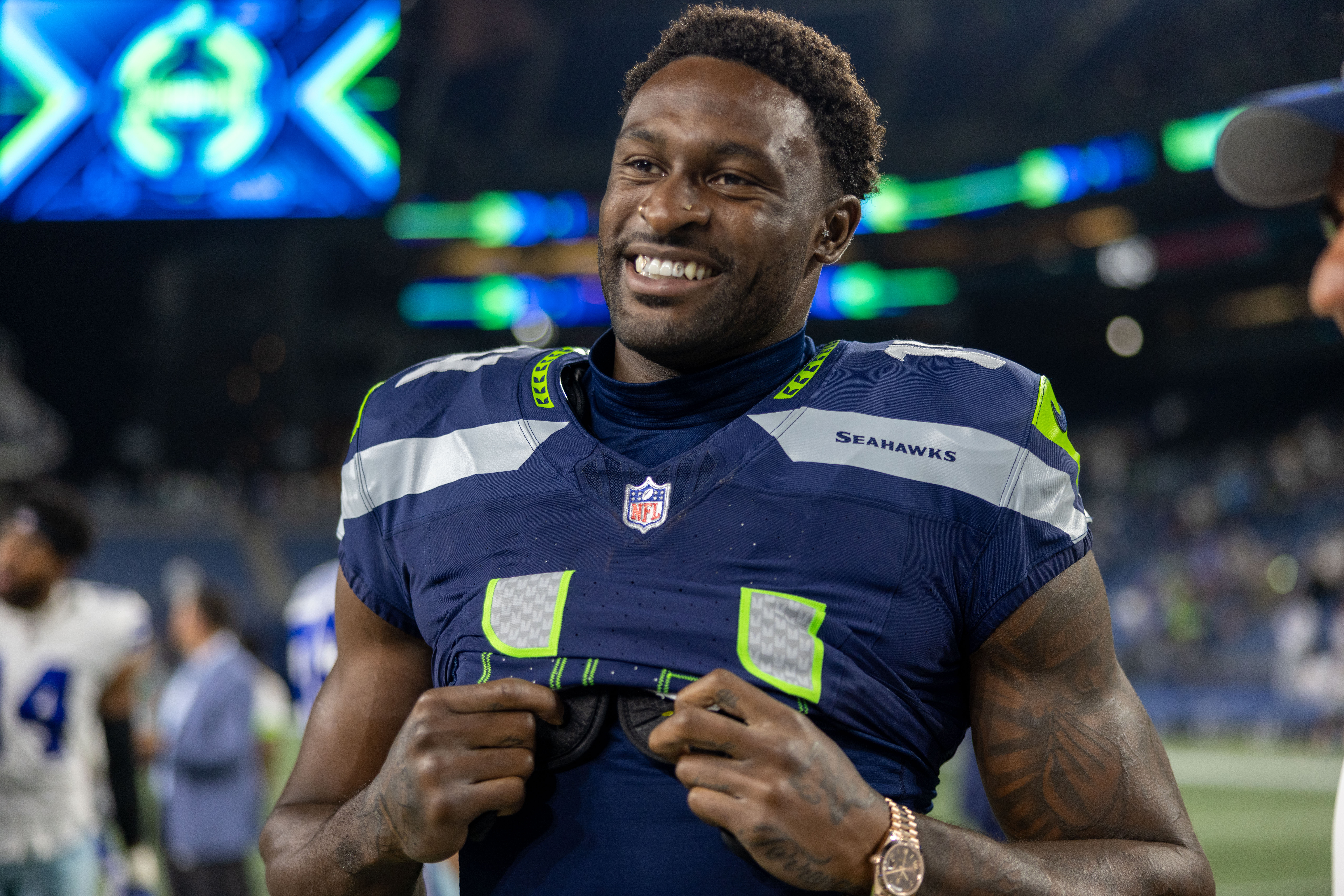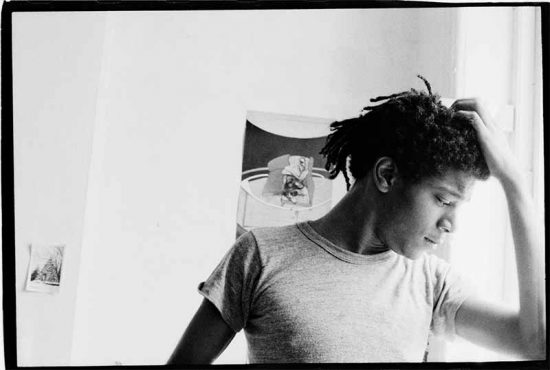August Greene is a supergroup formed by Common, pianist Robert Glasper, and drummer Karriem Riggins, all multiple award-winning artists in their own rights. In 2017, the three musicians collaborated on music for director Ava DuVernay’s documentary “13th.” Their “Letter to the Free” won an Emmy for Outstanding Original Music and Lyrics. As August Greene, the trio released a self-titled debut in May 2018.
Notes provided by Evernote
Q&A
Q: Digitalization has changed the music industry. How has it given you freedom & empowerment?
Common: It’s an excellent tool, but I don’t let tech determine the art I create.
Glasper: It helps like minds find each other faster and more directly. It cuts out the middleman.
Riggins: It allows an instant connection with fans. You could drop a new album tonight and people could be listening to it.
Q: You’ve centered women in your projects. Hip hop and tech are both male dominated…
Common: As men, its important to see the leadership qualities in women. We make sure we let the women lead the way. [impromptu solo performance of “The Day the Women Took Over”]
Glasper: We’re all sitting here because of women! How can we not give them their due?
Q: What do you wish tech founders would do to help artists like you?
Glasper: Somehow make it to where musicians can make money again!
Common: I want to see young people in our neighborhoods really get access to technology. If more black and brown kids get access, that changes their lives for the better, and then they can change tech for the better and the world for the better.
Riggins: I want ways to get music and ideas out even faster.
Q: None of you has had a “typical” hip hop career. Glasper and Riggins came up through jazz, and Common was doing conscious music when that wasn’t in vogue. Do people ever tell you to “stay in your lane?”
Common: I still get that! Sometimes when I’m trying to make it as an actor, people won’t even look at me because they put me in the “rapper” box. But I follow my heart and do what I feel I need to do. If i’m not good at it, I stop.
Glasper: Other people don’t know what your lane is. They should stay in their own lane and mind their business. Only God knows what’s next for me.
Riggins: Jazz is one of the most judgmental genres. Any time you step out of what’s expected, people complain. So we’re used to it.
Audience Q: Ava DuVernay’s 13th documentary is a big inspiration. What are your thoughts on major social challenges facing the black community today?
Common: We as a people need to identify the things we’re passionate about, the things around us that we see that are wrong, and act toward a solution. Maybe that’s connecting with grassroots organizations, there are lots of those. Maybe its creating something new. But we have to find those things we are personally passionate about and be true to what we see.
Audience Q: My company has a “controversial” name. I’m being intentional, but people say its too blunt. How do you get past that?
Glasper: Keep doing what youre doing and somebody will get it. You might have 20 doors closed in your face but the 21st will open.
Audience Q: Advice for an aspiring musician?
Glasper: I got offered my first record deal whan I was a freshman in college. I declined it, because I didn’t feel like I had anything to say at that time. I didn’t know my voice yet, so I waited until I was ready. Find your voice first. Make sure music is your passion, not a hobby. And even then, your passion might not be the thing youre good at. Make sure you know. Don’t do what everybody else is doing. Understand what they’re doing, but find your own voice. That’s the most important thing.
Riggins: Practice like there’s no tomorrow. Get deep in the woodshed. Be a student of music for life.
Audience Q: How about kids in the juvenile justice system? How do we close the digital divide for them?
Common: Show them that they deserve a chance. That they can be coders. It’s not easy, but there are people in the prison system with amazing ideas. We need to find them and encourage them and tell them they matter.
Audience Q: What have you learned from your creative journey that we can use as creators in tech?
Glasper: Everything is based on relationships. I call on people who I know are good, talented people. But there are some talented people I’ll never call because they’re antagonistic; they want to beat you, not work with you. Don’t be afraid to collaborate, but collaborate with people who will help.
Q: What strategies can we borrow from hip hop to reach a mass audience?
Common: Great question. I carried a hip hop mentality into the film industry. In film, there are so many rules: don’t call somebody, call their agent.Things like that. In hip hop, we can move forward faster and more efficiently by being ourselves and being authentic. Don’t change yourself for anybody, collaborate, and be unconventional. In hip hop, especially in the underground, we build from the ground up. Don’t wait for it to come from a CEO. Build from the ground up.
Q: What advice would you give yourself 10 years ago?
Common: Create Facebook. No, seriously, follow the voice of God within you.
Glasper: I wouldn’t change anything, but I’d tell myself you have to accept the bad with the good.
Riggins: Work harder.





